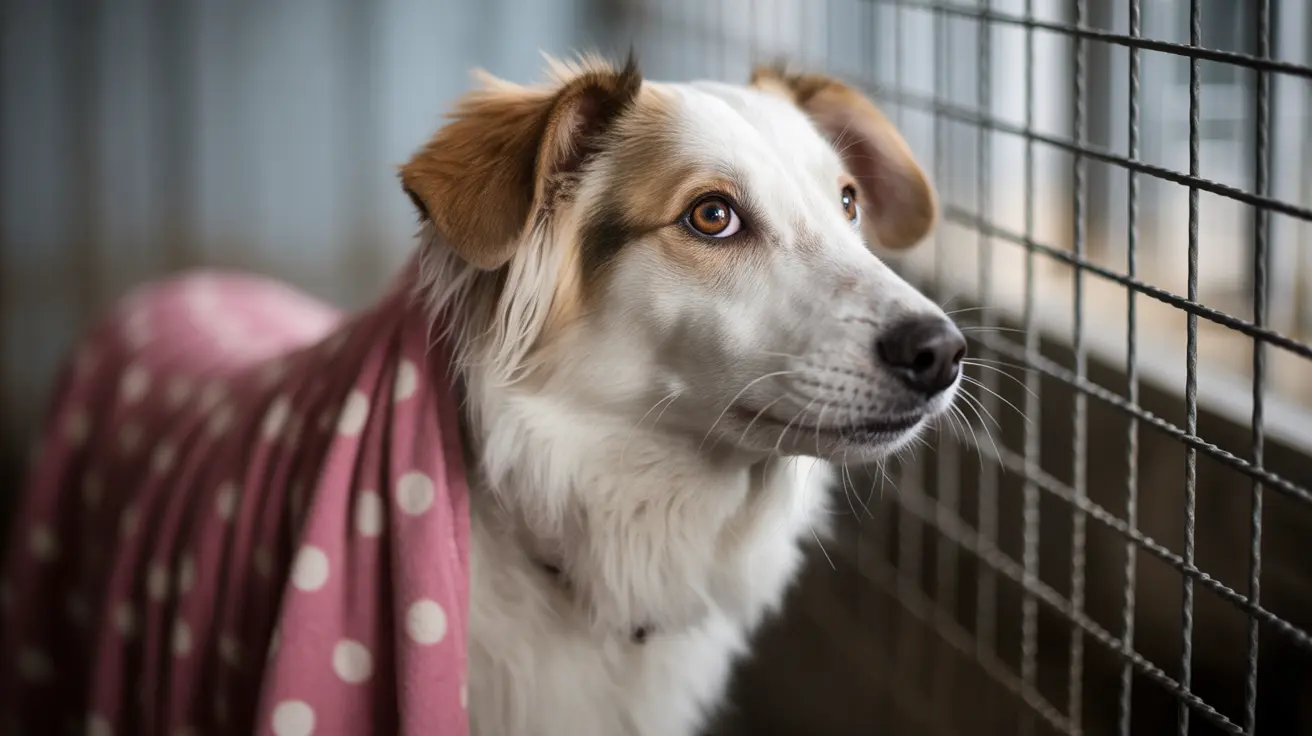Can Dogs Eat Pickles? What Every Pet Owner Should Know
Pickles might be a favorite snack for many humans, offering a tangy crunch that's hard to resist. But for pet owners, the question often arises:
Can dogs eat pickles? The answer isn't so straightforward. While pickles themselves aren't highly toxic to dogs, they come with a number of ingredients that could be harmful or problematic.
What's in a Pickle?
To understand whether pickles are safe for dogs, it's critical to consider what goes into them. Most pickles are cucumbers that have been soaked in a brine made from water, vinegar, salt, and various spices. Here are some common components:
- Salt: Brining involves a lot of salt, and while dogs need some sodium, too much can lead to sodium ion poisoning.
- Vinegar: While not toxic, vinegar can cause stomach upset in many dogs.
- Garlic and Onions: These are sometimes used in pickling and are toxic to dogs.
- Spices and Flavorings: These can range from harmless to toxic, depending on the recipe.
Types of Pickles and Their Safety
Different types of pickles pose varying levels of risk to dogs. Here are a few common varieties:
- Dill Pickles: These are often flavored with garlic and dill. While dill is safe, garlic is toxic to dogs, making these problematic.
- Sweet Pickles: These contain added sugars or artificial sweeteners like xylitol, which is extremely toxic to dogs.
- Kosher Pickles: Typically seasoned with garlic, which again is harmful to dogs.
- Plain Pickles: If unseasoned and low in sodium, a small piece may be relatively safe but still not ideal.
Potential Risks of Feeding Pickles to Dogs
While a small piece of a plain pickle might not harm your dog, there are several risks to be aware of:
- Sodium Content: High salt intake can lead to excessive thirst, urination, and even sodium ion poisoning.
- Digestive Upset: Ingredients like vinegar and spices can upset your dog’s stomach, causing vomiting or diarrhea.
- Harmful Additives: Onions, garlic, and xylitol are common in pickling recipes and are all toxic to dogs.
Signs Your Dog Is Reacting Poorly to a Pickle
If your dog consumes a pickle and begins to act sick, monitor for the following symptoms:
- Excessive thirst or urination
- Vomiting or diarrhea
- Lethargy
- Loss of appetite
- Pawing at the mouth or signs of discomfort
If these symptoms occur, contact your veterinarian immediately.
Better Snack Alternatives for Dogs
If you're looking for a crunchy, healthy treat for your dog, consider these safer options:
- Carrot sticks
- Apple slices (without seeds)
- Cucumber slices
- Blueberries
- Dog-safe commercial treats
In Summary
While a tiny bite of a plain pickle might not cause great harm,
it's best to avoid giving pickles to your dog. The high sodium content and potential for toxic additives make them an unnecessary risk. If you're ever unsure about what's safe for your pup, consult your veterinarian—it's always better to be cautious when it comes to your furry friend's diet.





